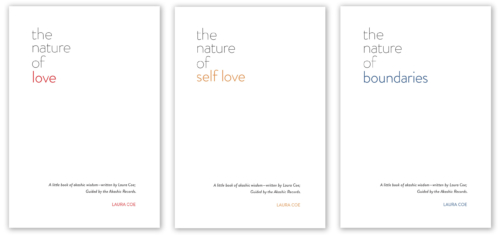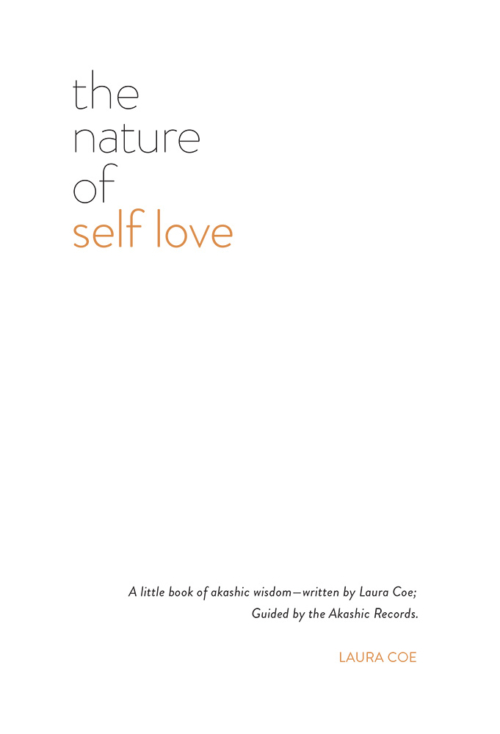
How Resentment Works
Resentment works in a similar fashion. There’s a deep pain that comes with not expressing your love for someone. In the same way, the problem with resentment is in it’s inexpression. It’s easy to hate and not say anything. It’s easy to see conflict, but stay quiet.It’s easy to let resentment bubble.When you don’t express anger, it can stay with you. While it’s cliche, “bottling up your emotions”, can make for an erratic, maddening life. You burst out at random times. You get excessively angry at innocuous things. You don’t handle situations like you should handle them.Whatever the case, the anger has to be released. So how do we better understand resentment and handle it?
Sitting With The Emotion
Next time something happens that causes some discomfort with someone or something, try to sit with the emotion for a moment. You may have the desire to get up and distract yourself from the emotion, but try to sit with it for 30 seconds. Is it hard? Do you feel anxious?Because the issues you have avoided, are all still there, beneath the surface. Bubbling.The goal is not to become an outwardly aggressive person, but to reflect on the emotions and make a decision about how you want to proceed. Often curiosity can be the cure for avoidance. Ask a question. Make sure you understand the person or issue facing you. Are you making assumptions?
How to Deal With Resentment
Someone has voiced a frustration and it made you uncomfortable. You’re in a tricky situation.Now, ask a question. Get some clarification: “What did you mean when you said…” “Are you upset with me? Did I do something that is making you angry?” Possibly, share your feelings. Explain your emotional distress. Could you share that you feel nervous or anxious about the situation without blaming?How amazing will it feel when you say something, anything and walk away without that extra weight? How proud will you be that you found your voice? Throw away the word conflict. You are not avoiding conflict you are speaking your truth. Begin with a question. Gather your facts and, once you are sure that you understood the other person, express yourself.
Taking Action
Take one thing that bothered you and express yourself. Is there a particular incident that you still think about? Could you express yourself? Try saying, “I am sure you did not mean anything by this, but when you said , it hurt my feelings,” or, “When you said _ I took it to mean _. Is that what you meant?”Try one. A little clarification can go a long way.Find as many small opportunities to approach someone or something you are avoiding. Remind yourself that you are safe. Remind yourself that your opinion matters and that you deserve to be heard. And remind yourself that you’re allowed to speak your truth – you are entitled to it.“Resentment is like drinking poison and waiting for the other person to die. ”― Carrie Fisher




